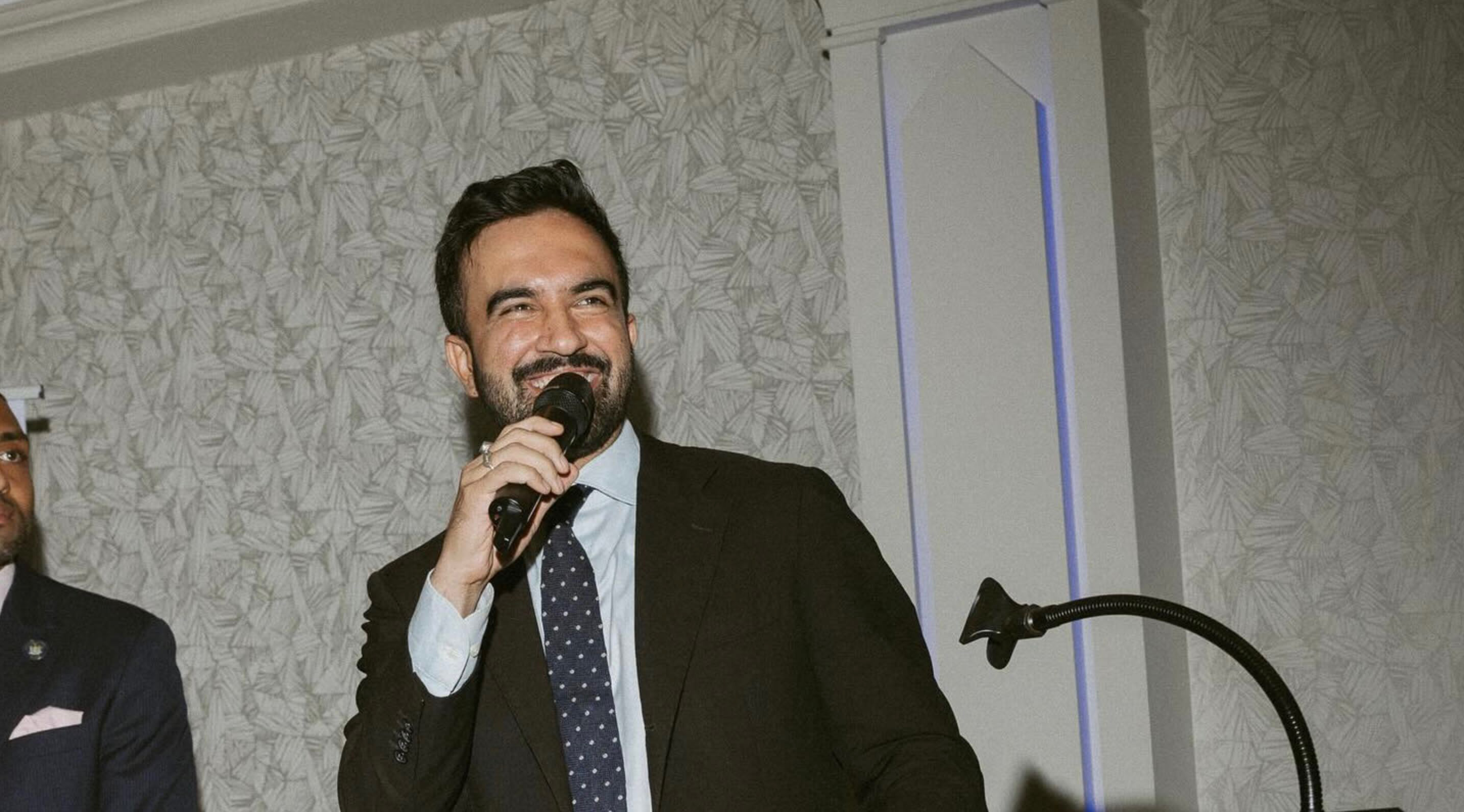
Zohran Mamdani emerges as progressive contender in New York City's 2025 mayoral race
New York City's 2025 mayoral election is shaping up with Zohran Mamdani, a progressive state assembly member, gaining attention for his focus on housing, education, and social justice. Meanwhile, a ballot measure could shift local elections to even years, potentially boosting turnout.
25 sept 2025 - 01:50 • 3 min read
The race for New York City's mayor in 2025 is drawing considerable attention, with Zohran Mamdani, a progressive state assembly member, emerging as a notable contender. Mamdani, who was born in Uganda and raised in New York City, has built a reputation for his commitment to issues such as housing affordability, education reform, and social justice.
His political platform centers on tackling structural problems within the city, prioritizing the expansion of affordable housing, bolstering public schools, and enhancing social services. Analysts suggest his message resonates particularly with younger voters and minority communities, significant segments of the New York electorate.
Mamdani's campaign strategy emphasizes direct engagement with residents through social media, neighborhood meetings, and community events. This approach aims to project a leadership style that is accessible and attuned to the concerns of New Yorkers, contrasting with what is sometimes perceived as a distance from traditional politicians.
Political observers note Mamdani's strengths, including his youth, his ability to mobilize progressive voters, and his capacity to connect with a diverse range of constituents. These attributes position him as a potentially refreshing alternative to more established candidates.
However, Mamdani faces significant challenges, including competition from candidates with established political careers and substantial financial resources. He will also need to persuade moderate voters that his progressive agenda aligns with their needs and interests.
Initial polls indicate a rise in Mamdani's popularity, particularly among voters under 40. While his message of change and social justice has generated enthusiasm, experts caution that the New York electorate can be volatile, and these numbers could shift as the campaign progresses.
Beyond the mayoral race, New York City voters will also consider a proposal that could move local elections to even-numbered years, aligning them with federal and state contests. This initiative is part of a broader trend across the country to consolidate election dates.
Proponents argue that holding local elections during the same cycle as presidential and midterm elections can combat persistently low voter turnout in off-year contests. Cities and states are increasingly exploring this consolidation as a means to increase participation, as evidenced by rising turnout in places like Las Vegas after similar changes were implemented.
Consolidating elections is also seen as a way to potentially expand the electorate, bringing in more young voters, racial and ethnic minorities, and working-class individuals. Additionally, consolidating election dates can lead to cost savings for local governments by reducing expenses related to staffing, materials, and administration.
Despite the potential benefits, concerns exist regarding consolidated elections, such as the possibility of longer ballots that could overwhelm voters or lead to increased "ballot drop-off" where voters skip later races. However, proponents suggest that the jump in overall participation outweighs these potential drawbacks, and the convenience of a single election day is a significant advantage for voters.
The outcome of Mamdani's mayoral bid and the decision on consolidating New York City's election schedule are expected to be closely watched developments in the city's political landscape.